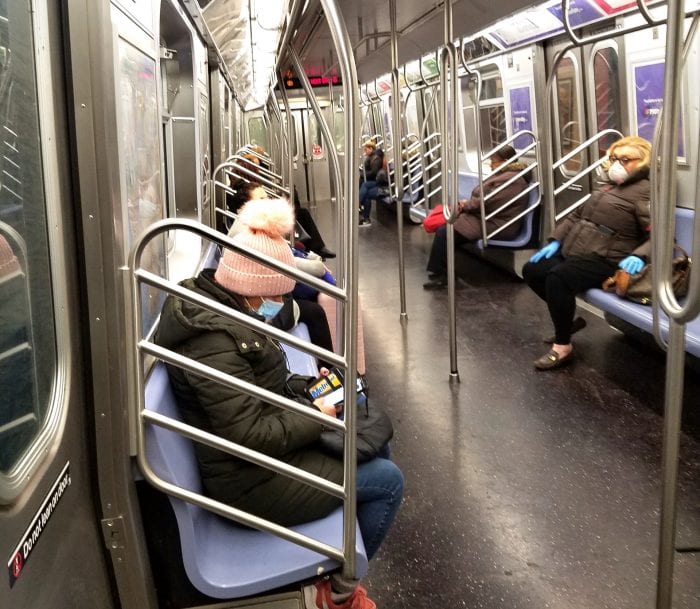Editorial: Reimagining a Brittle Society
Of all the things that have come undone since the start of the pandemic, one of the worst has been the loss of confidence in the systems that have governed us for so long.
Our local businesses are experiencing untold hardship. People are suffering at home, furloughed or dismissed from their jobs, and many are having a hard time paying the bills or buying food.
Beyond all that, people are dying. The most vulnerable —the old and those with underlying medical issues — have been the ones most harmed by the pandemic.
We’ve had a long time to come to terms with the issues in our society, but what the coronavirus has made clear is the brittleness of so many of our institutions. There has been more than one report about how the federal government failed to follow the pandemic response playbook present in prior administrations, and how the U.S., in a bid to tighten the financial belt, eliminated people in government whose job was to identify and mitigate such large-scale viral disasters.
We do not know how the end of this virus will play out. Doctors have said the only way for us to truly break away from the restrictions placed on us by SARS Cov-2 is to either develop a vaccine or have widespread, unprecedented testing of practically every U.S. citizen. States like New York have called for such tests, but the federal government has not yet hinted at doing anything close to what would be needed.
What is needed, as Gov. Andrew Cuomo (D) said so succinctly in his April 20 address, is less a reopening, but a reimagining of our systems.
“Let’s use this crisis, this situation, this time to actually learn the lessons … let’s reimagine what we want society to be,” Cuomo said.
The governor cited things like the public transportation system, which has for so long been a bane of so many commuters. The Long Island Rail Road has seen a near 95 percent loss in ridership and now faces real financial collapse. With that in mind, flip that picture, and imagine a service that is both fast and efficient in the vein of Tokyo’s or Seoul’s public transportation system.
Imagine rent prices not being upwards of $1,500 for a studio apartment. Imagine housing prices that don’t restrict all but the middle to upper class affording a home on Long Island. Imagine young people not being pushed off the Island because of its general unaffordability.
This is what happens during a crisis. We see the things that have exacerbated the pandemic, namely a health care system that is simply not built to give the greatest amount of help to the greatest number of people.
We witness the outsized unfairness that large businesses with thousands of employees nationwide somehow are allowed to apply for loans designated for small businesses. The Washington Post reported close to 70 large companies applied for and got loans through the payment protection program. While a company like Shake Shack actually returned the $10 million small business loan it received, the fact there were many thousands of businesses that could not get a dime despite applying as soon as they were able shows how high current processes are stacked against them.
We can do better, and if we can build upon the lessons made only more apparent during our time in isolation, we will be safer and prepared for a better world.







